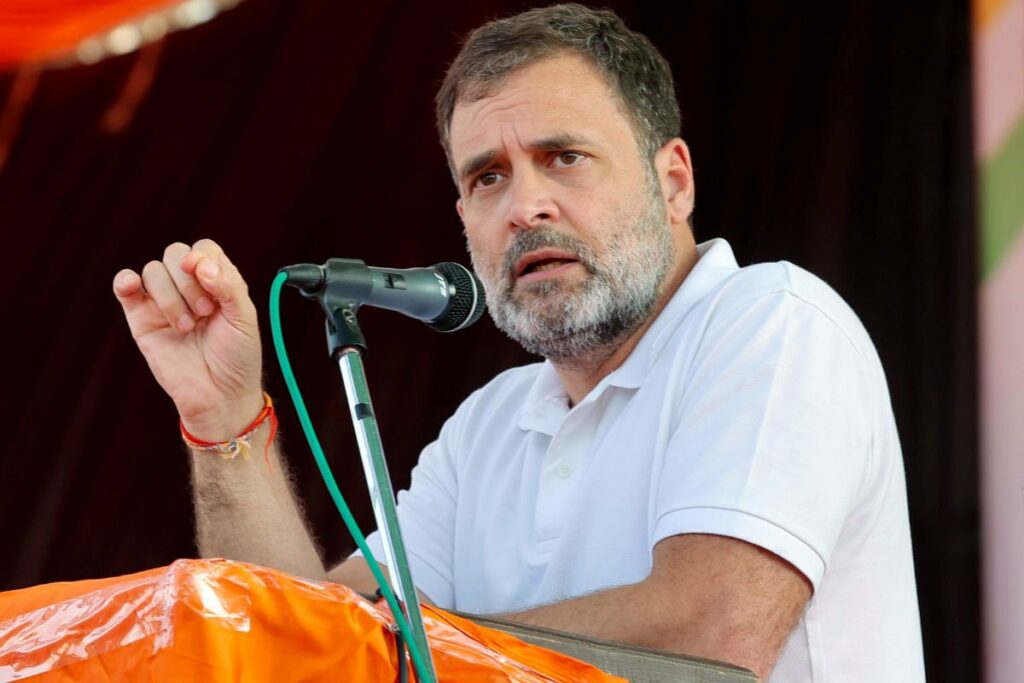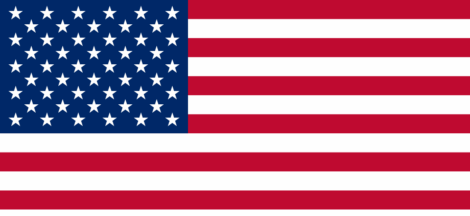Congress has unveiled a plan to distribute five lakh sanitary pads under its Priyadarshini Udaan Yojana in Bihar, aimed at improving menstrual hygiene and complementing its wider Mai Behen Maan cash transfer promise. The packets, it emerges, carry the images of Rahul Gandhi and Priyanka Gandhi Vadra—a design choice that has provoked sharp criticism from rival parties.
The BJP branded the move “an insult to the women of Bihar,” with spokesperson Pradeep Bhandari asserting that Congress had turned a welfare measure into a political ruse. Alleging “ideological bankruptcy,” the party suggested featuring a male leader on menstrual hygiene products was tactless. LJP’s Chirag Paswan described the imagery as “awkward and inappropriate”.
JD, under Nitish Kumar, echoed the rebuke. Spokesperson Neeraj Kumar condemned it as a “sheer arrogance,” asserting that women should not be used as campaign tools. The opposition’s backlash has taken aim at Congress’s attempt to merge political branding with a health initiative.
Congress, represented by All India Mahila Congress leader Alka Lamba, pushed back. She emphasised that the real concern was access: too many women still rely on cloth pads and suffer illness. Lamba framed the Gandhi images as symbolic of leadership driving positive change.
The scheme rolls out amid a broader women-focused contest: the opposition alliance INDIA bloc promises ₹2,500 monthly to women under Mai Behen Maan Yojana if elected, while the Nitish Kumar government is engaged in door-to-door outreach via its Mahila Samvad campaign, reaching 2 crore women. Menstrual health has emerged as a do-or-die issue in rural campaigning ahead of the Bihar Assembly polls due later this year.
Grassroots feedback has been mixed. Pinki Kumari of Muzaffarpur said seeing a male face on sanitary product packaging was “nothing but an insult”, stressing the initiative needed to focus on basic dignity and safety. Sunita Singh in Vaishali echoed the sentiment, calling Gandhi’s imagery a misfired attempt to play “Pad Man”.
Supporters argue the scheme draws attention to chronic menstrual health gaps. Lamba criticised the BJP for plastering Modi’s photo on vaccine certificates and sindoor boxes, questioning its own record on women’s welfare. Congress insiders emphasise the dual aim: distributing hygiene supplies while signalling leadership invested in women’s issues.
Campaign strategists portray the move as an effort to personalise outreach and break taboos by placing high-profile endorsements on hygiene materials. Critics see misjudgement; supporters see urgency. What is clear is that menstrual health is a central battlefield in the run-up to Bihar’s 2025 elections, with women increasingly seen as pivotal to electoral outcomes.




